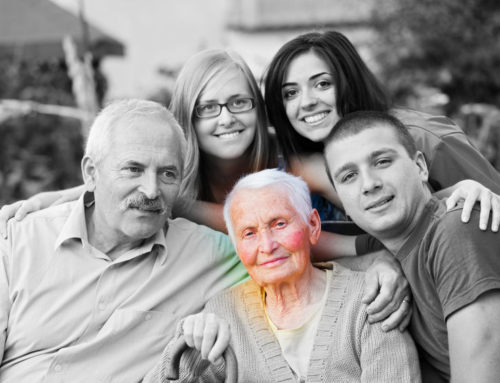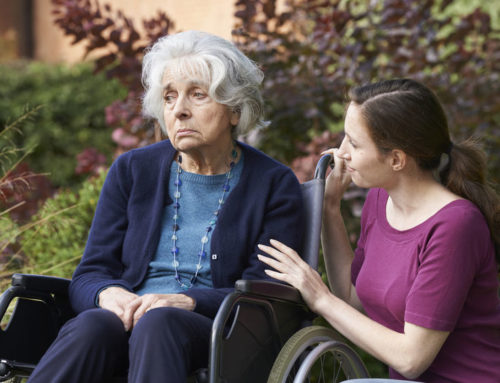Depending on your specific situation, you may consider a small home, or a boarding-care home for your loved one with Alzheimer’s disease or dementia. These homes differ from other nursing homes and assisted living facilities in that they usually consist of five to six individuals. Furthermore, the residents at theses homes often play a role in the day-to-day activities. For instance, depending on their level of functioning, some residents may fold towels or laundry while others set the table, sweep, or water plants. These types of activities often yield the benefit of making your loved one feel as though he or she is an important part of the home. Finally, another benefit to these types of homes is that they typically offer an ideal staff-to-resident ratio, which ensures your loved one receives the attention he or she needs.
While these homes may seem ideal in many respects, they are certainly not for everyone. There’s actually a very good chance your loved one may instead benefit from the type of care only a nursing home or assisted living facility offers. Indeed, you’ll want to ensure you’ve done your research before placing your loved one in one of these homes. Not only will you want to make sure that the home has specialists for your loved one’s specific condition (e.g., Alzheimer’s Disease, bedridden), you will also want to make sure your loved one feels safe and comfortable with both the staff and other residents. After all, with any move, you’ll need to ask yourself, “Is this a place where my loved one could potentially live out the rest of his or her life?”
You may come across other concerns questions when making decision about your loved one’s living situation, and some of these questions may require the assistance of an elder law attorney. For instance, would you know whether or not one of these smaller homes would accept Medicaid in the event your loved depleted his or her funds? Furthermore, how would licensure factor into the equation? Might you be able to use Medicaid benefits to cover the cost of care should the home not have proper licensing? These questions and more certainly fall into the domain of an Ohio elder law attorney, and as such, should you have questions concerning your loved one’s future, then you should reach out to one as soon as possible.





